An eye for water
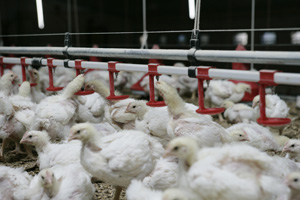
Some say it’s the source of life, this may well be true, however it varies tremendously in its composition – and this composition from the same source, can change almost continuously, mainly due to changes under the ground and from over the surfaces which it flows.
What is water quality?
Every farmer believes that he has the best water, it is clear, no smell, tastes ‘Good’! What is good for one may not be good for another!
Testing water quality is the way to go forward after the basis such as taste and temperature are within the right parameters. Water can typically be categorised as either ‘hard’ or ‘soft’.
The main constitution of hard water is the amount of Calcium and Magnesium that is in its makeup. Hard water can be softened by removing the Calcium (Ca) and Magnesium (Mg) ions and replacing them with Sodium (Na) ions (salt NaCl), by using a water softener. Modern Hi Tech water softeners have the ability with the resins used that the amount of salt taken up is minimal-however the amount of salt is in relation to the hardness of the water supply. Water that is only slightly hard will require very little sodium ions to replace the calcium and magnesium ones.
Soft water has many advantages for poultry farmers in that there will be less leaking nipples, nipple life will be longer as there will be less abrasiveness on wear and tear of the nipple itself as well as less build up –bio film on the inside of the nipple line. Your local water specialist should be able to test your water in this regard and if necessary have it sent to a laboratory for testing, (advisable option), this should be a pre-requisite before buying any land for chicken production as well as purchasing an existing production business or unit.
For hard water the converse is applicable. Removing lime scale improves water quality, the lime scale deposits on the inside of water pipes and nipples give a base for bacteria to grow on Bio film. That is one of the starting points for unnecessary problems in production. Read more about water quality in the number 10 edition of World Poultry.
Join 31,000+ subscribers
Subscribe to our newsletter to stay updated about all the need-to-know content in the poultry sector, three times a week. Beheer
Beheer

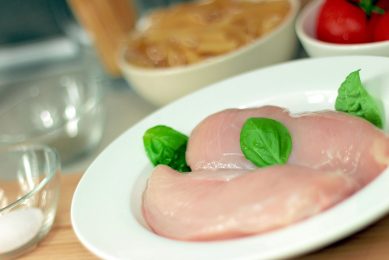
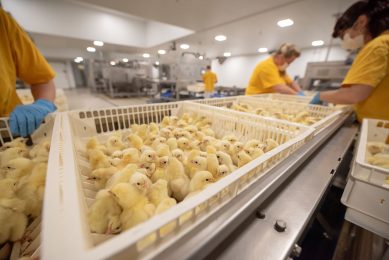
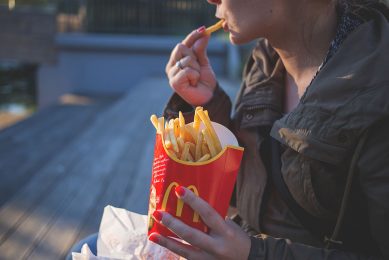
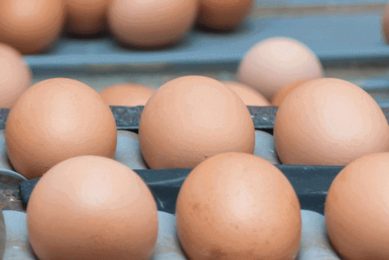



 WP Admin
WP Admin  Bewerk bericht
Bewerk bericht